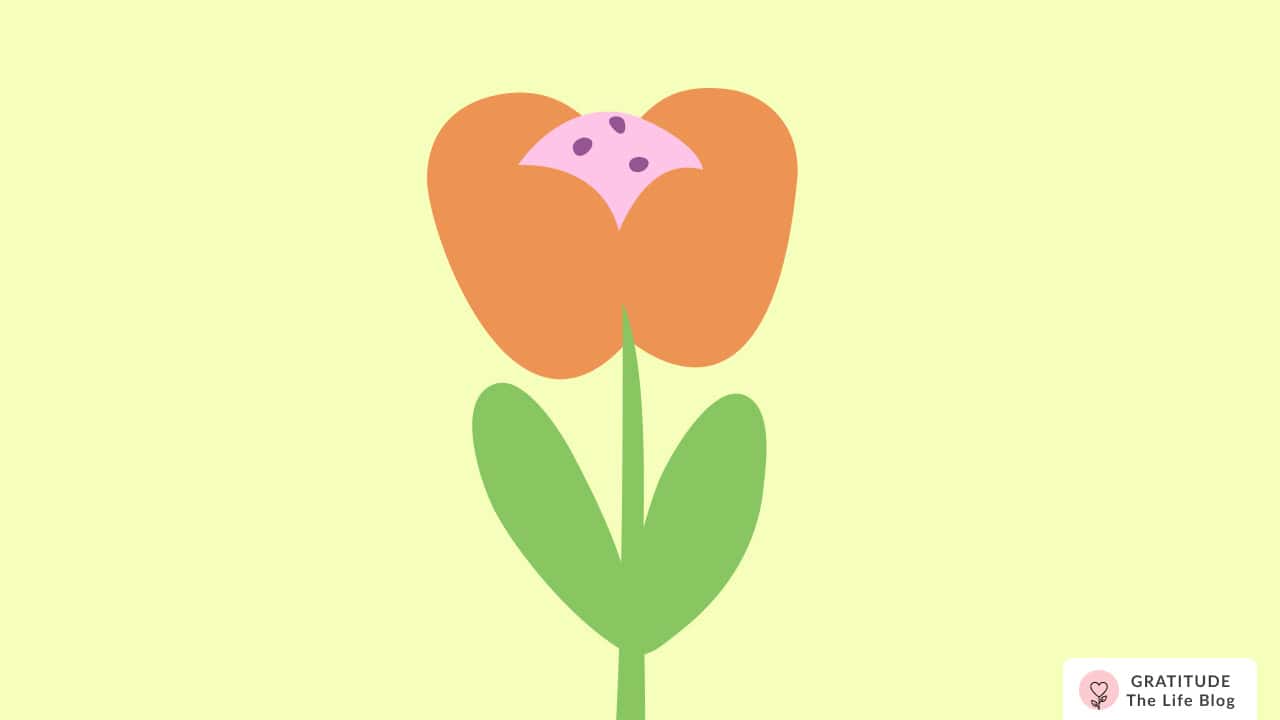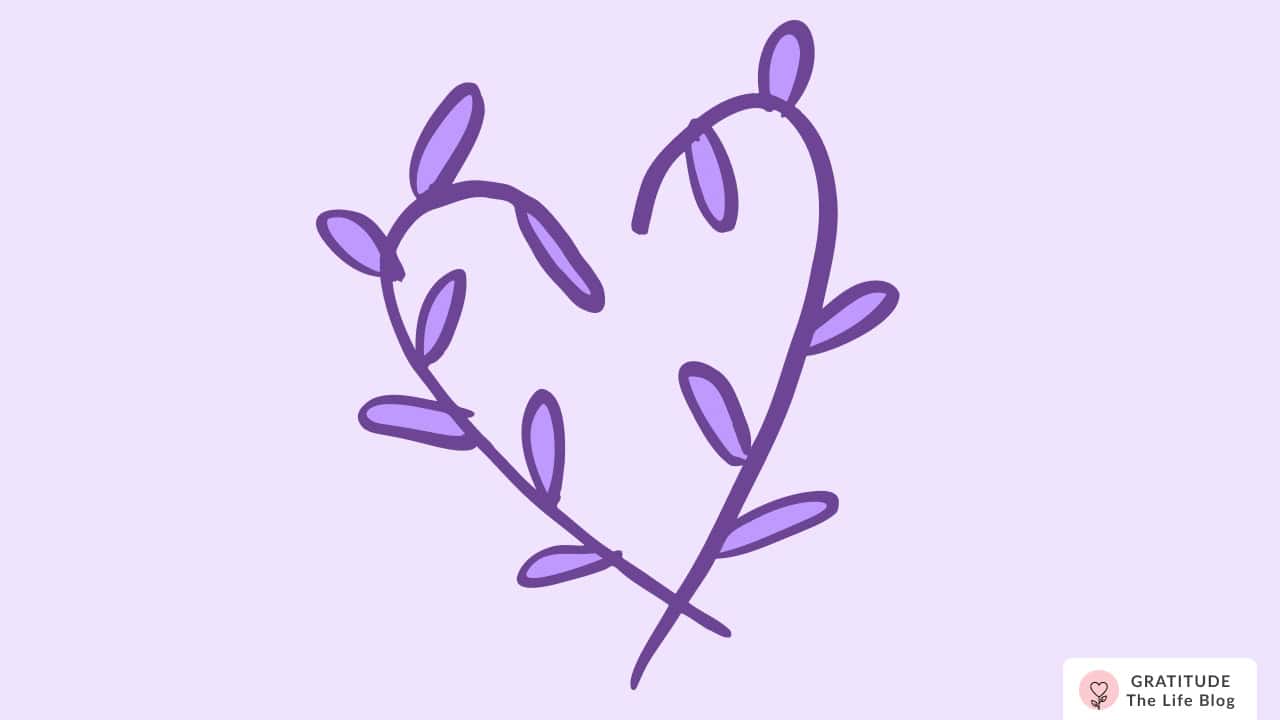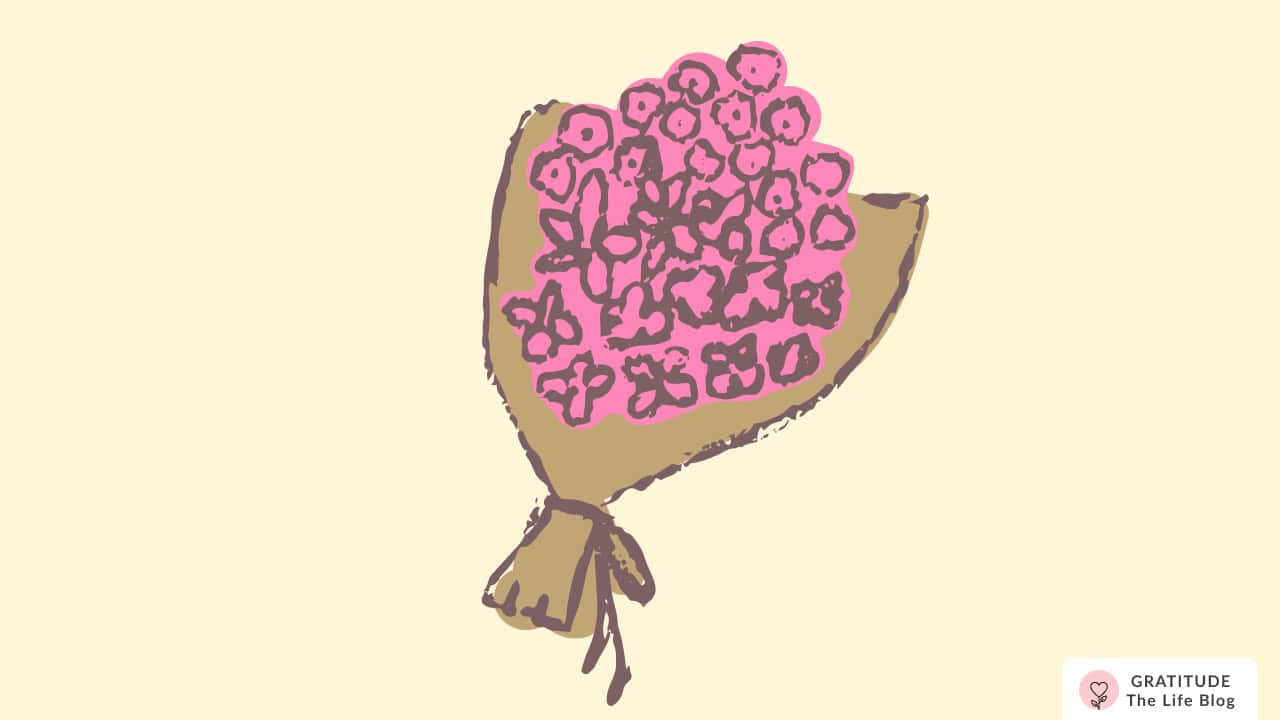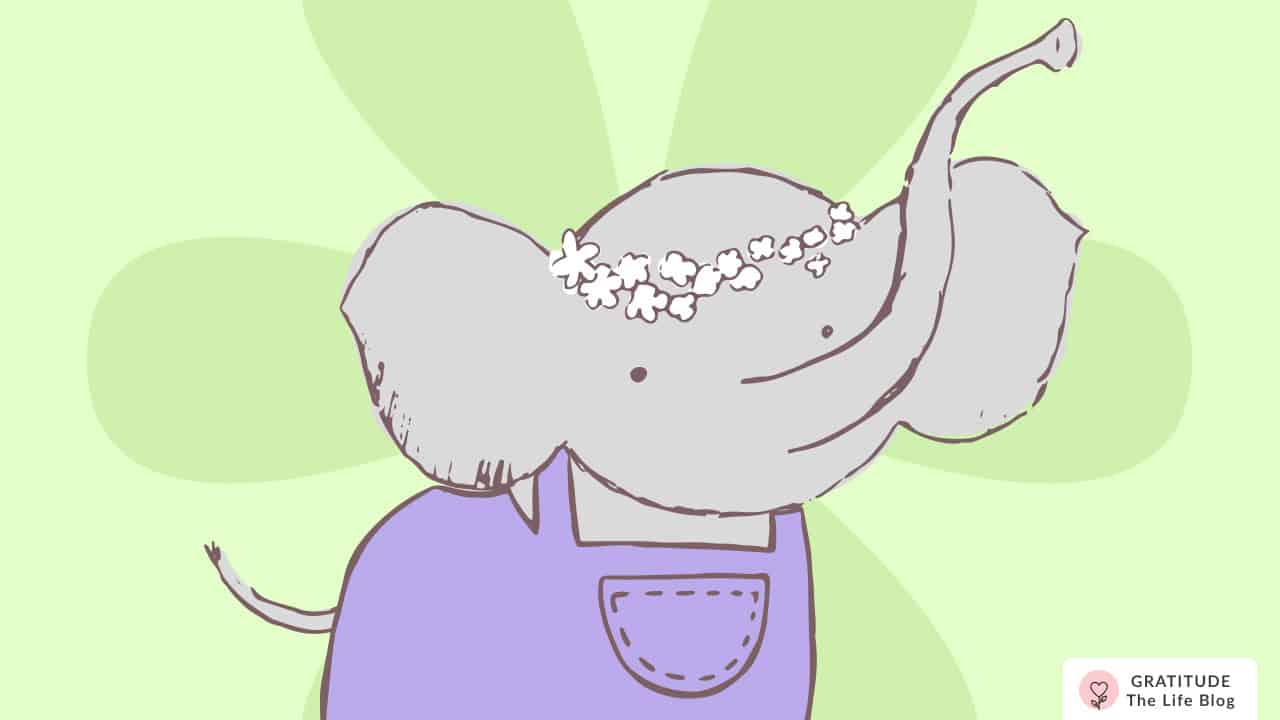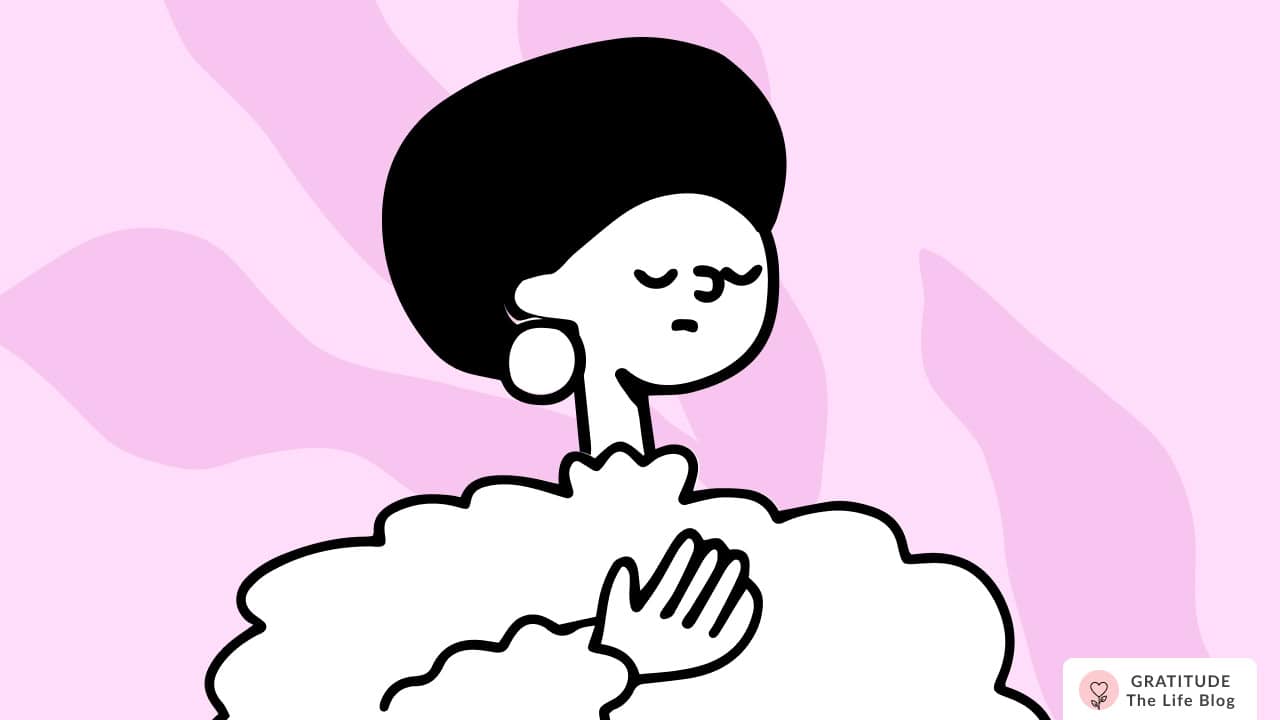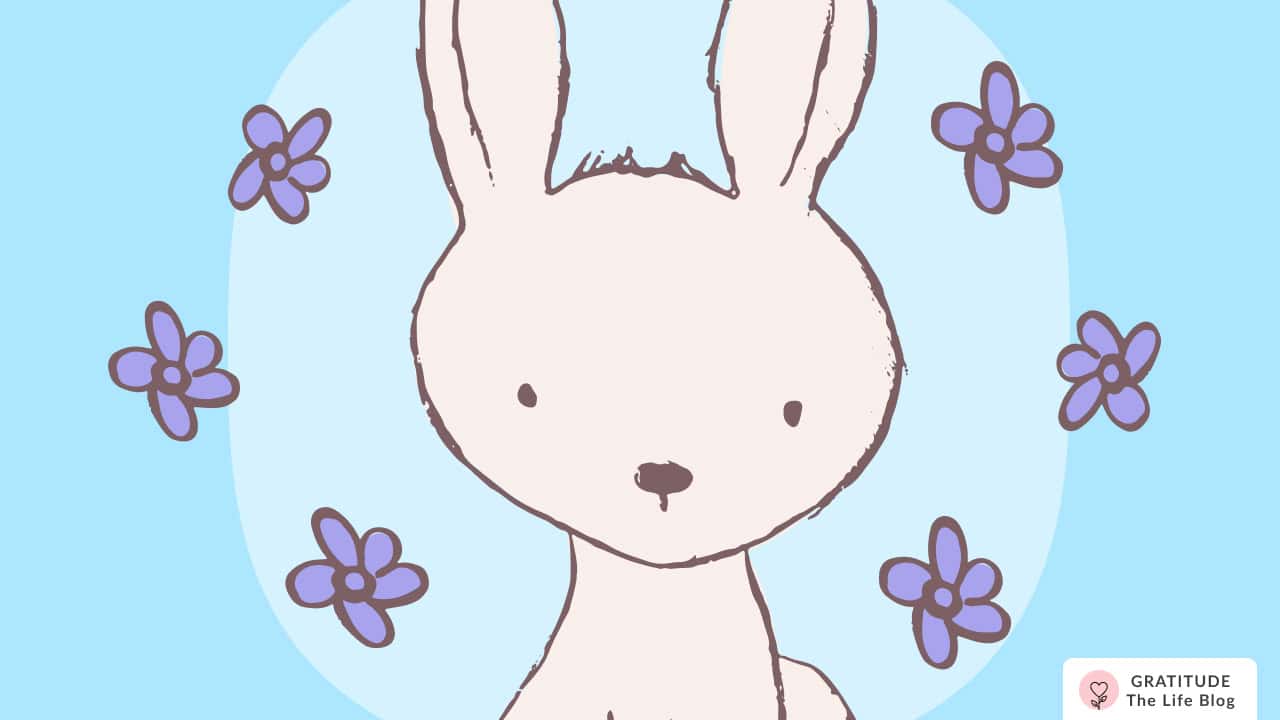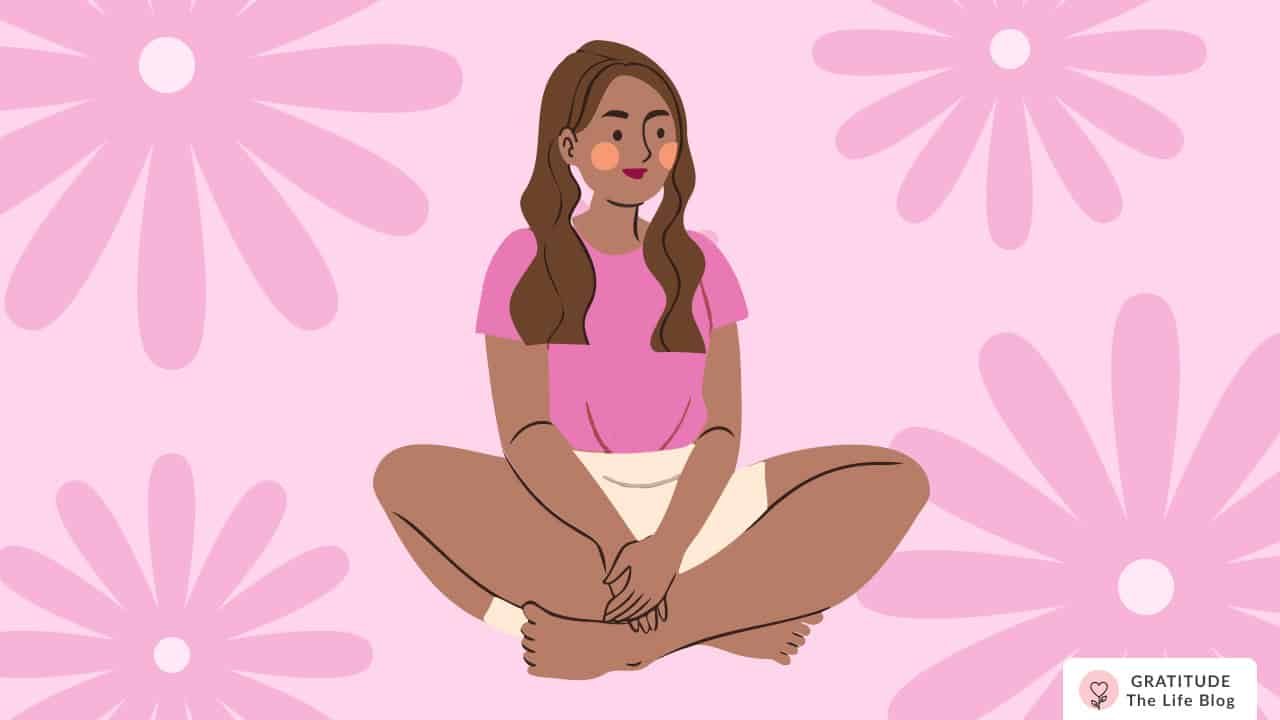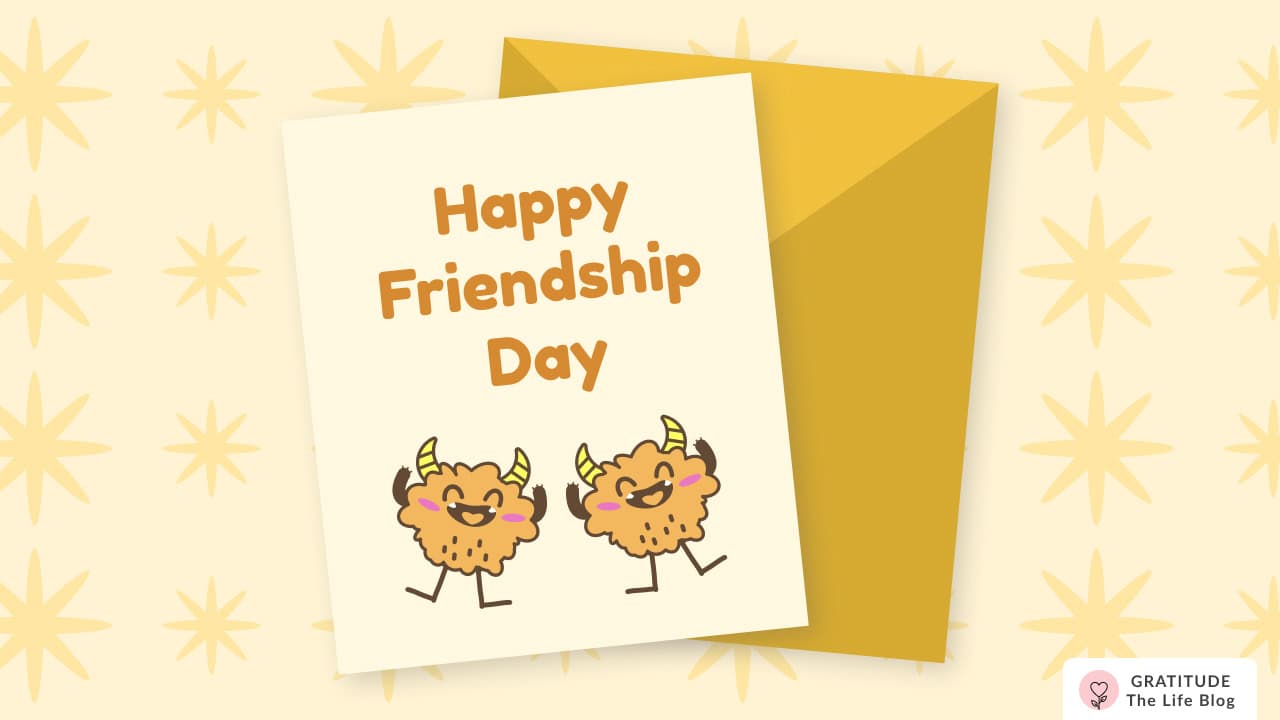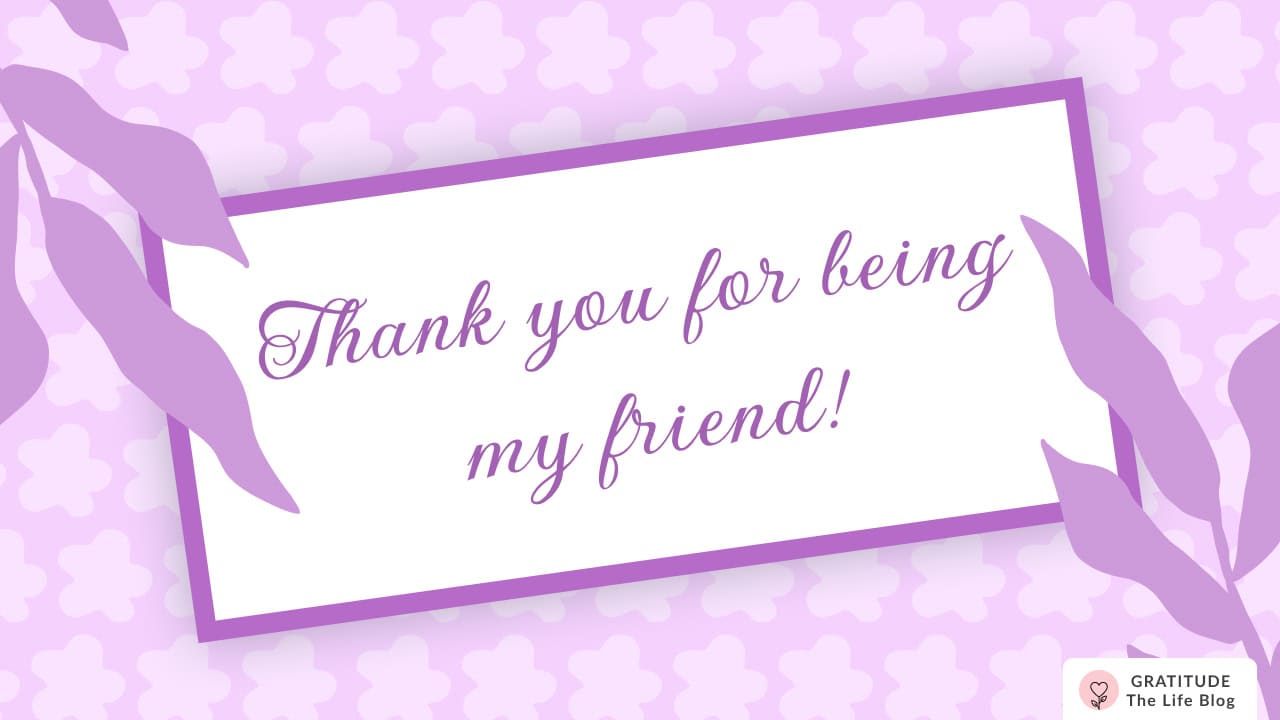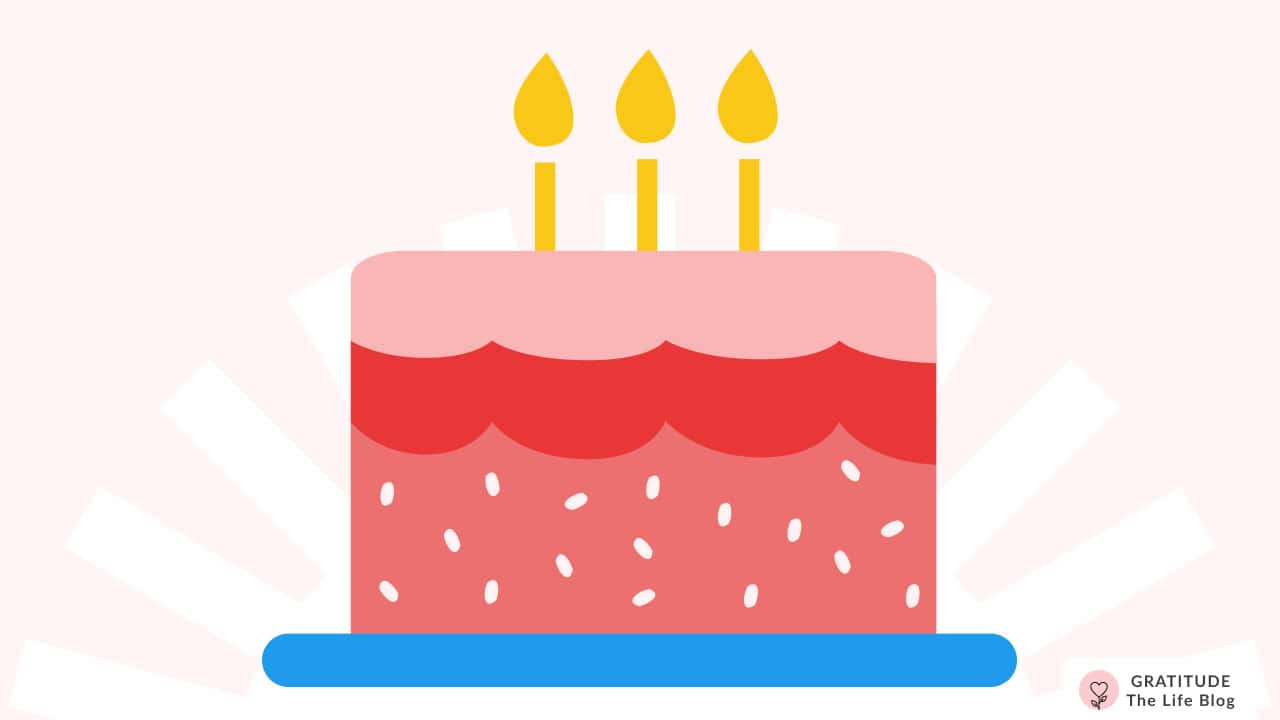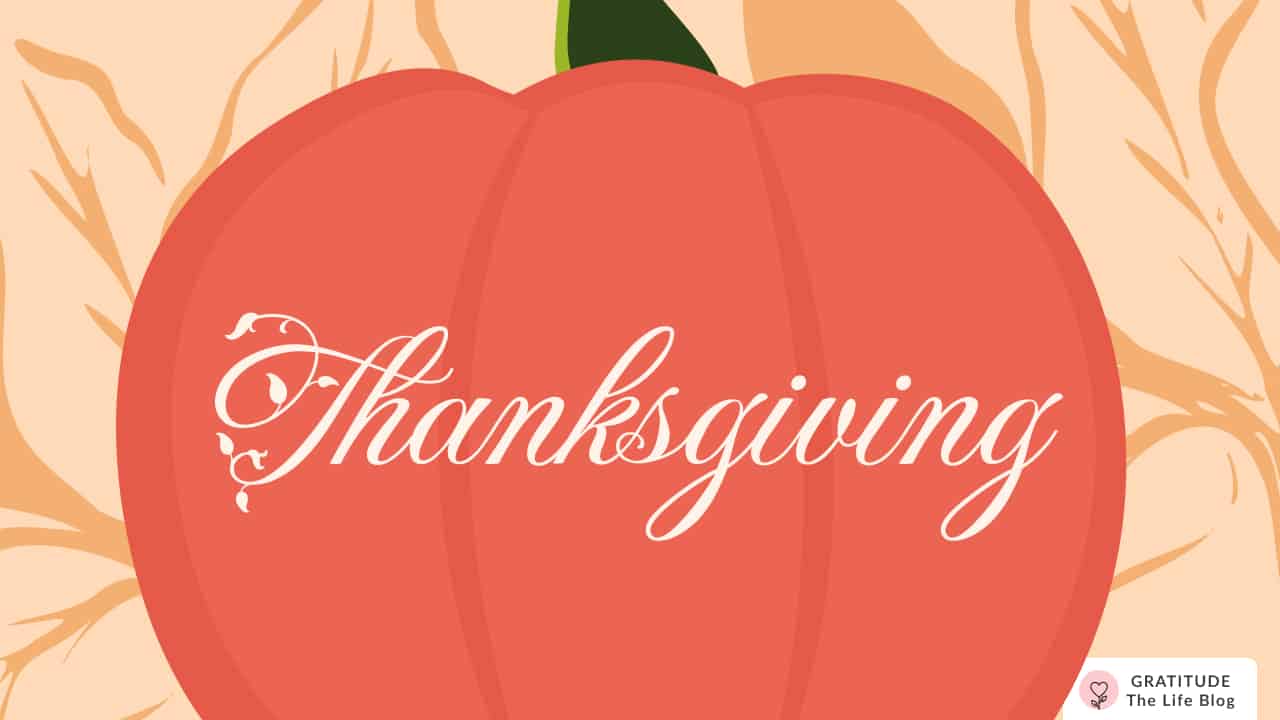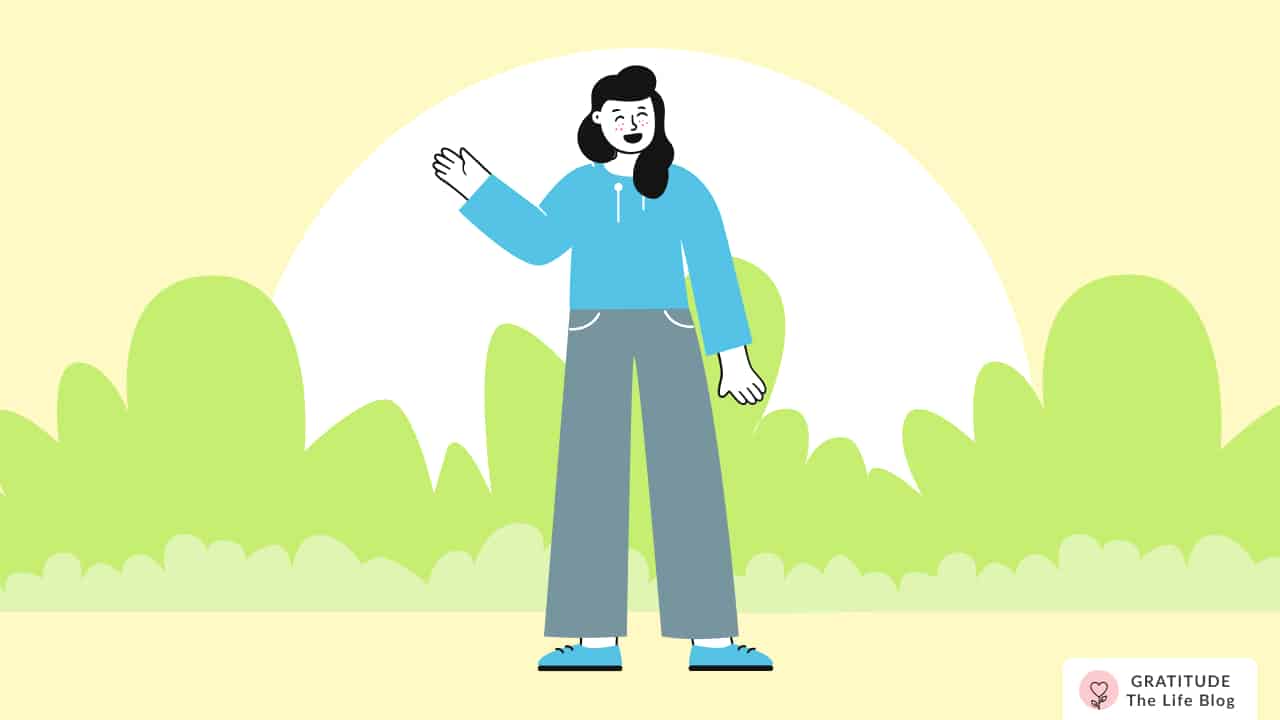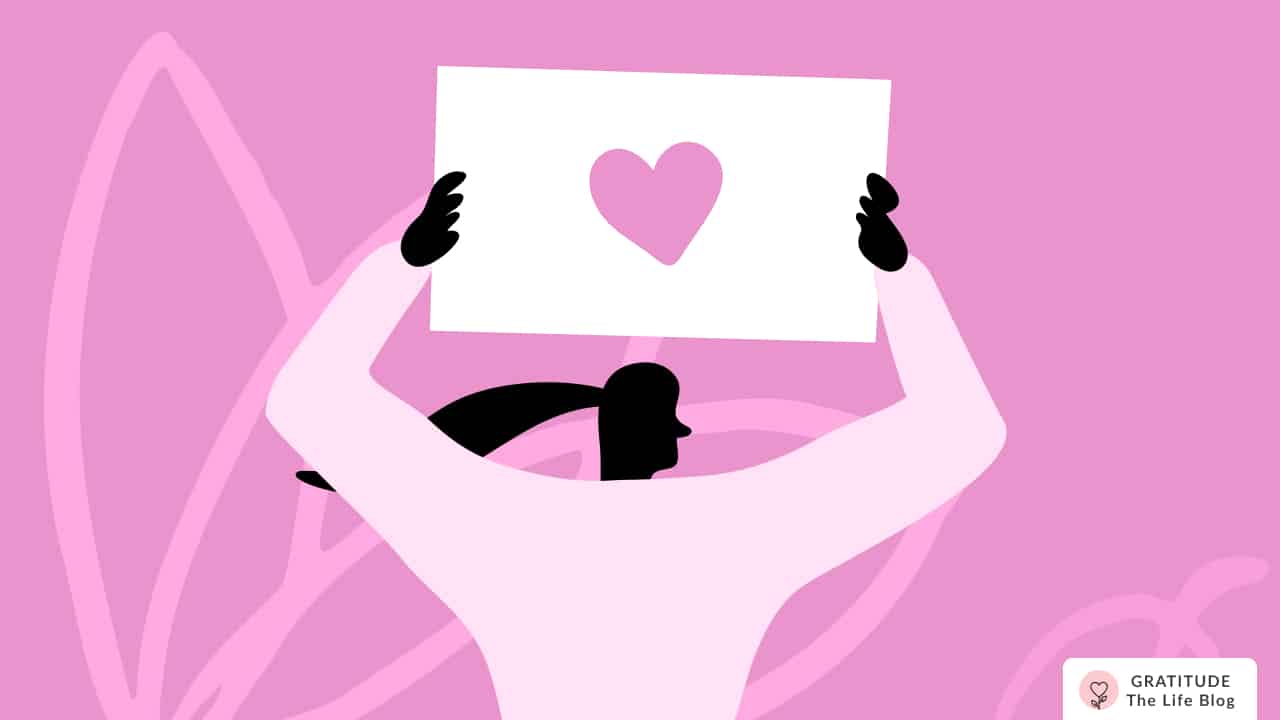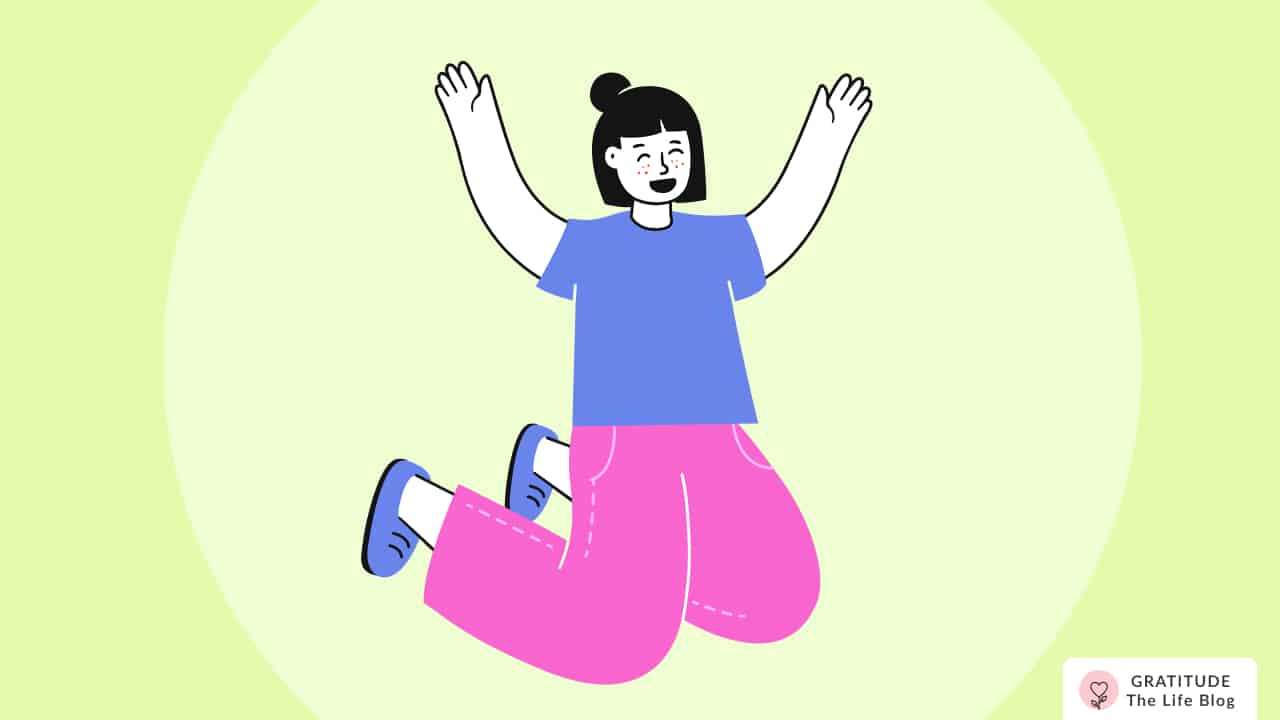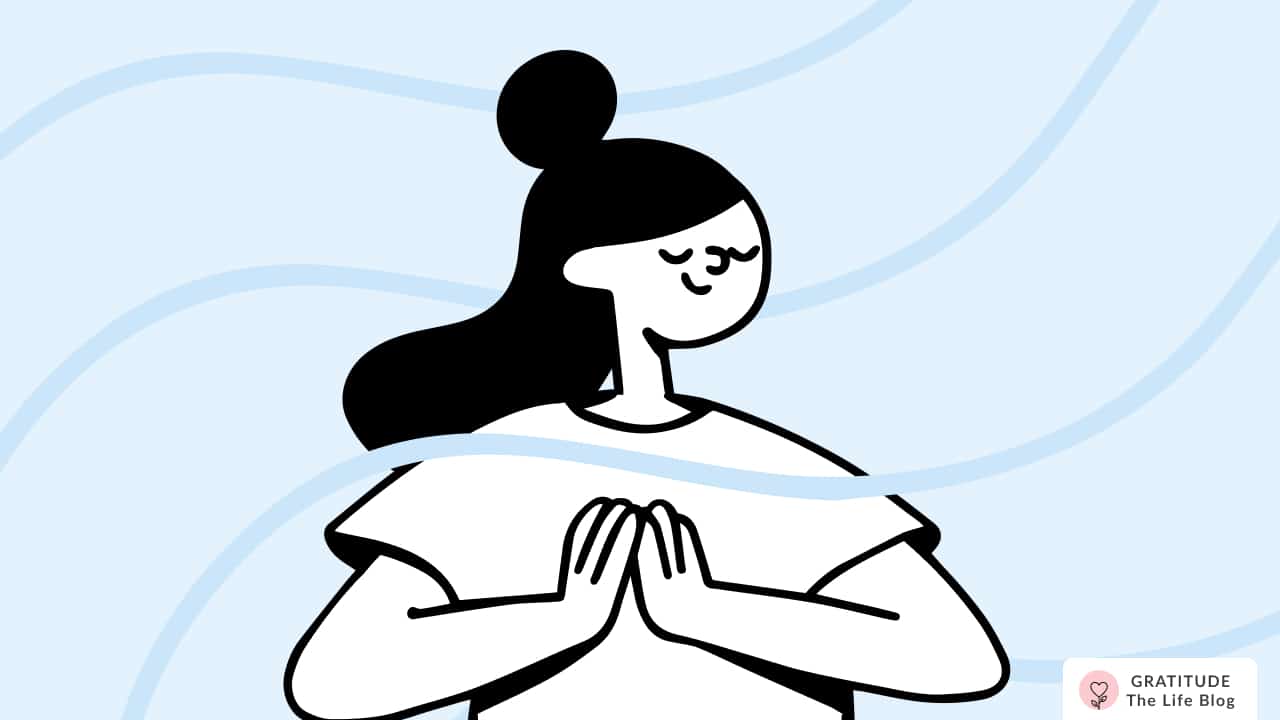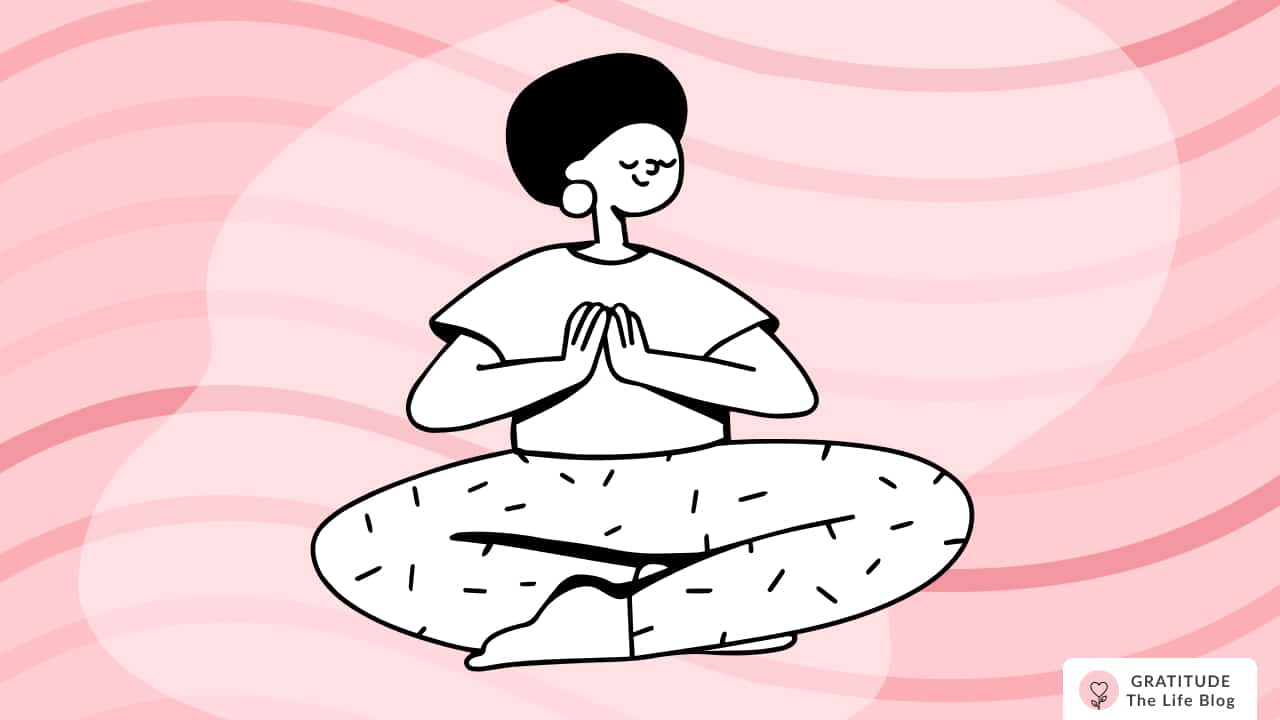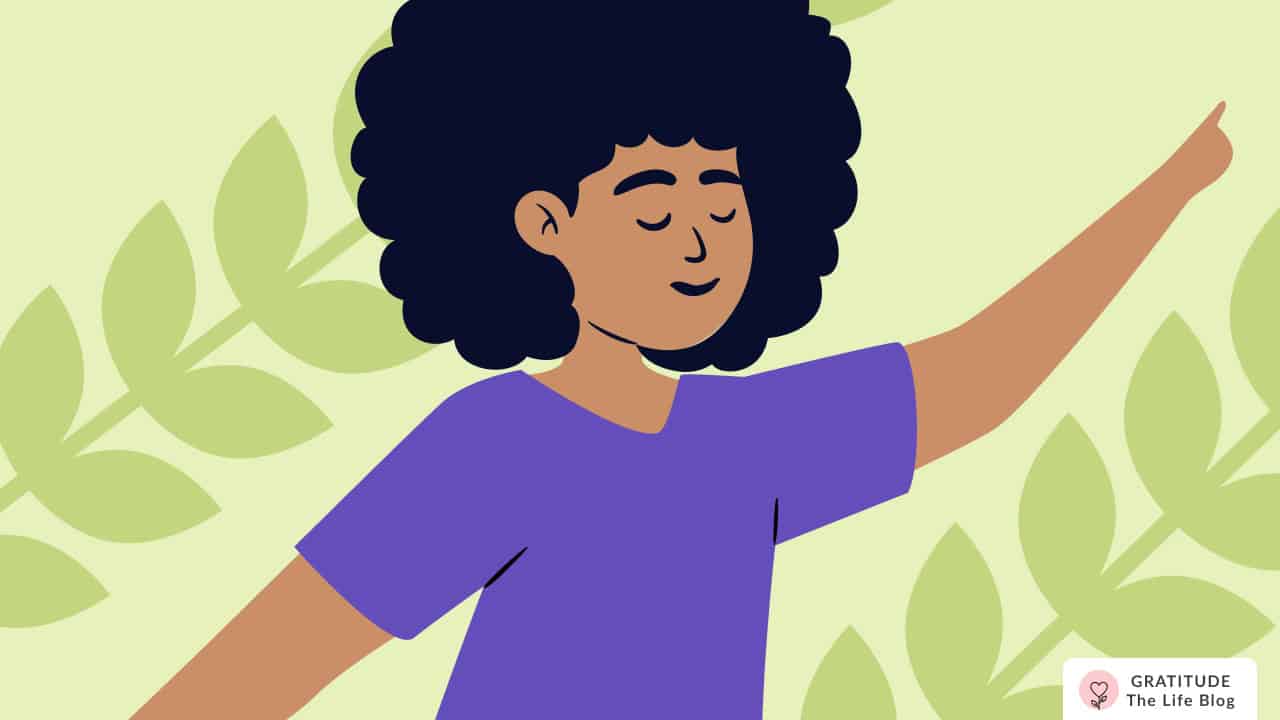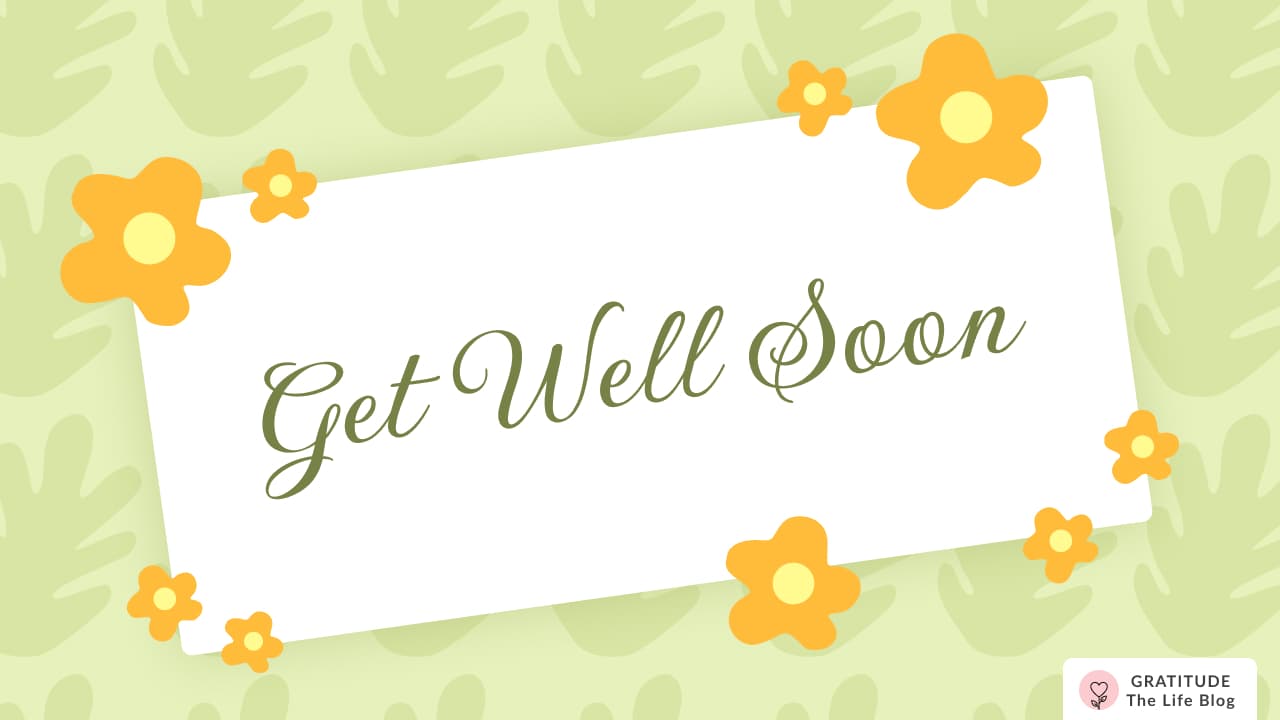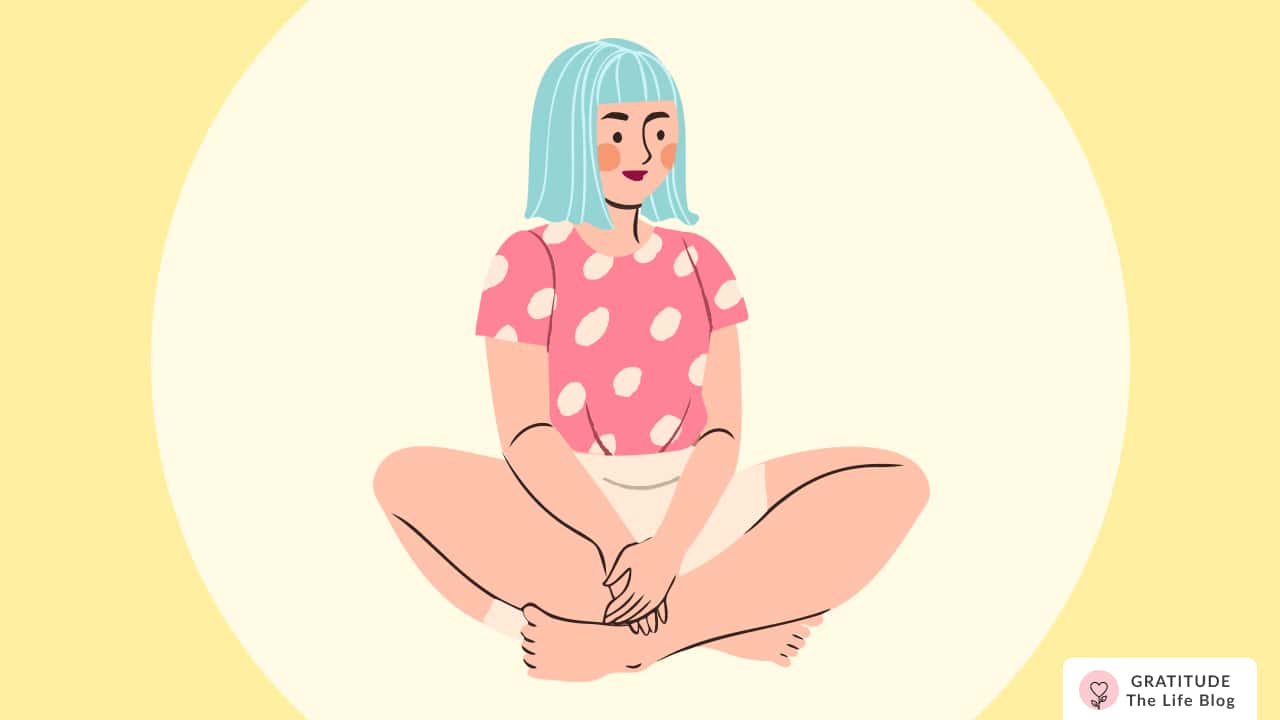40 Mindful Questions for Self-Reflection and Exploration
Instrospect with mindfulness.
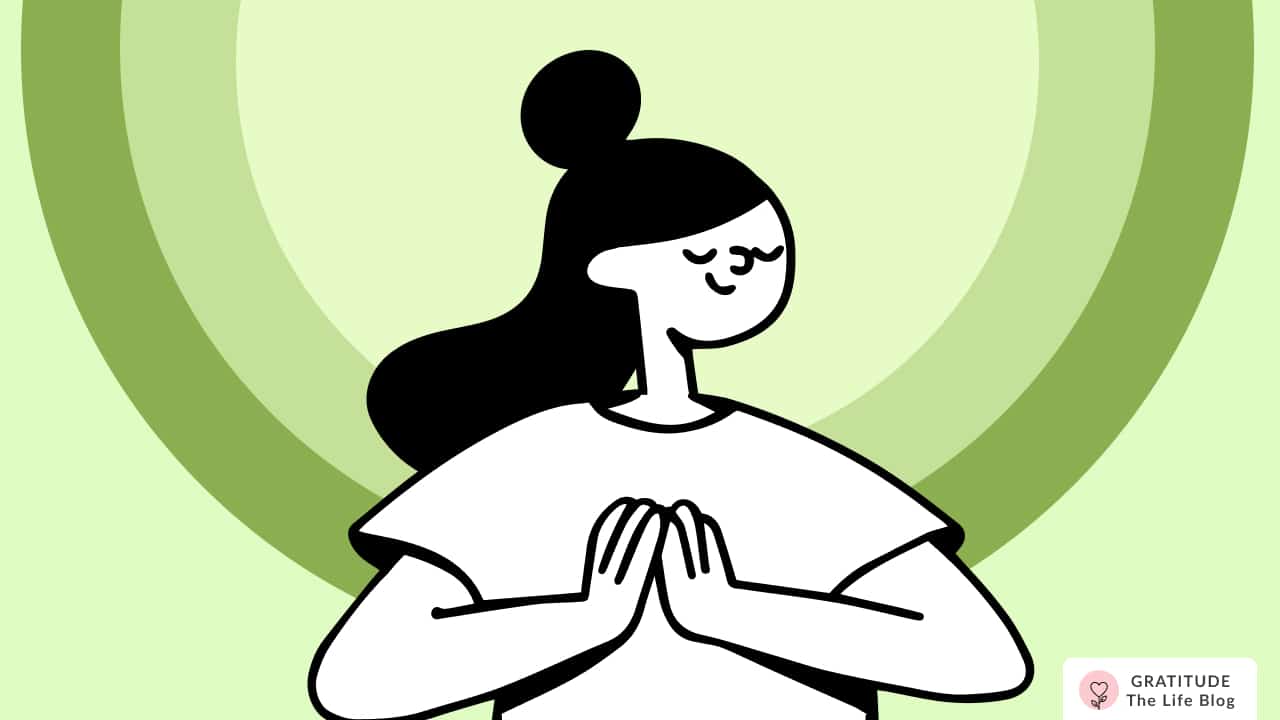
Mindfulness is a savior. It's a breath of fresh air and silence amongst blaring chaos. In today's post, we'll explore how we can experience mindfulness by asking questions.
Asking good questions is a superpower of sorts. A few well-chosen words weaved together in the right way can pull someone out of doubt, end an argument, and sometimes give a totally new perspective.
Asking a mindful question to a person who's under the weight of their running, twisting thoughts can give them the rescue that feels as relaxing and sweet as the cool wind on a beautiful mountain.
We think too much. The voice in our head never shuts up. But, let's give it a rest, and so to ourselves, with mindful questions and reflection.
What is Mindful Reflection?
Reflection or introspection is an activity whose end result is to help us understand ourselves. It gives us the space to look at ourselves from a third-person's perspective. A more open, compassionate, and free perspective.
We are so tied and intertwined in our own ways that we create roadblocks for ourselves. What we need is a turn, a new sight, a light to bless us with the knowledge we need.
Mindful reflection helps us get to know ourselves truly, accept our emotions as they are, with compassion and let go of the load of everything that's hiding it all.
My therapist asks me questions like these. I remember when I was telling her about all that I think I have to do, all that I can't do because of some reason. She'd just ask me, "What do YOU want, Aarushi?" and I'd pause, I'll think.
I'll take a deep breath and run out of words. She'll ask me again and I'd think harder this time. It would start becoming clearer. Maybe I'll get the answer in the session or after a week, but I'll keep thinking about it. The answer will come, in some way or another.
Throughout mindful self-reflection we are purposeful. We are focusing on something, not letting our thoughts carry us uninhibitedly. We make a choice to explore ourselves without judgment and with full awareness.
Benefits of Mindful Reflection
Mindful Reflection helps us to,
- Cultivate self-awareness, allowing us to observe our thoughts, emotions, and behaviors without judgment.
- Develop the ability to recognize and manage our emotions more effectively.
- Reduce stress and promote relaxation by gaining new perspectives and understanding our stressors.
- Think clearly about our priorities which lead to better decision-making aligned with our values and goals.
- Grow as a person by challenging our limiting beliefs and gaining new insights.
- Improve relationships with greater empathy, compassion, and a better understanding of others.
- Enhance our well-being and live a more intentional and purposeful life.
Mindful Questions
A calming breathing activity that you can do before engaging in mindful self-reflection and asking mindful questions is called "Box Breathing" or "Square Breathing."
Here's how to practice it:
- Find a comfortable seated position and relax your body.
- Take a few deep breaths to settle into the present moment.
- Visualize a square or a box in your mind.
Now, follow these steps, each corresponding to a side of the square:
- Inhale slowly and deeply through your nose to the count of four, imagining yourself tracing the first side of the square.
- Hold your breath gently for a count of four as you move up to the second side of the square.
- Exhale slowly and completely through your nose or mouth for a count of four, tracing the third side of the square.
- Hold your breath again for a count of four as you complete the square.
- Repeat this pattern for a few rounds or until you feel a sense of calm and centeredness.
After practicing this breathing activity, you can proceed with your mindful self-reflection and ask yourself the questions you have in a more grounded and focused state of mind.
Be sure to let yourself have an open perspective, choose to not judge yourself, and be fully honest. All emotions may not be comfortable but they are all important to consider. You can use a journal to write for these questions.
Not all of them may be relevant at this moment but they may turn up in your mind in some situation in the future. Choose the one that naturally connects with you and stirs up feelings. There's probably something behind it.
Here are the mindful questions:
- How am I feeling?
- What do I want?
- How do I feel about myself?
- How do I feel about my life?
- How do I feel about my relationship with my family?
- How do I feel about my relationship with my friends?
- How do I feel about my relationship with my partner?
- What brings me a deep sense of joy and fulfillment?
- Are my actions aligned with my core values?
- What underlying fear might be driving my current worries?
- Which recent decision resonates most genuinely with who I am right now?
- When I reflect on my life, which moments or experiences will truly matter to me?
- What aspects of myself do I struggle to fully accept and embrace?
- In what ways do I see my own flaws mirrored in others, and how can I practice compassion towards both myself and them?
- What truly matters to me in the grand scheme of life?
- How would I describe the quality of my relationship with myself, and what can I do to nurture it further?
- If I had limited time left to live, how can I make the most meaningful use of it?
- What is the present moment inviting me to notice or be aware of?
- Am I consistently embodying the values and principles I believe in?
- Where can I cultivate forgiveness within myself or towards others?
- In a recent conflict, what perspectives or truths was I unwilling to acknowledge or accept?
- Where do I find my inner sanctuary, a place of peace and tranquility?
- When do I feel most connected to my authentic self and fully alive?
- If guaranteed success, what learning or creative endeavor would I eagerly embark on?
- What thoughts, beliefs, or narratives do I hold onto that hinder my growth and well-being?
- Can I explore who I am beyond the limitations of language or labels?
- Is there something that I am missing in my life?
- Is there an emotion that I don't know how to manage well? When did it last affect me?
- Is there something in my past that still haunts me?
- What is troubling me these days that I haven't given myself time to feel?
- What do I fear?
- What do I want in my life?
- Is there someone in my life that I don't like but still spend time with? Why do I do that?
- What do I need to let go of?
- Am I being true to myself?
- Is there something unpleasant in my life that I haven't removed yet?
- What am I holding onto that no longer serves me?
- How can I bring more balance into my life?
- What am I most proud of accomplishing recently?
- What assumptions am I making that could be influencing my perceptions?
And, that's it! I hope these mindful questions help you in your life and give you the perspective you need. If you found this post interesting, do share it with your friends and family. Take care!
Continue Reading: 60+ Writing Prompts to Write About Yourself


